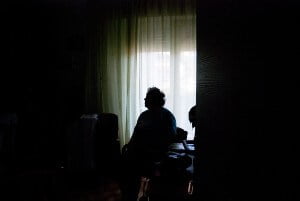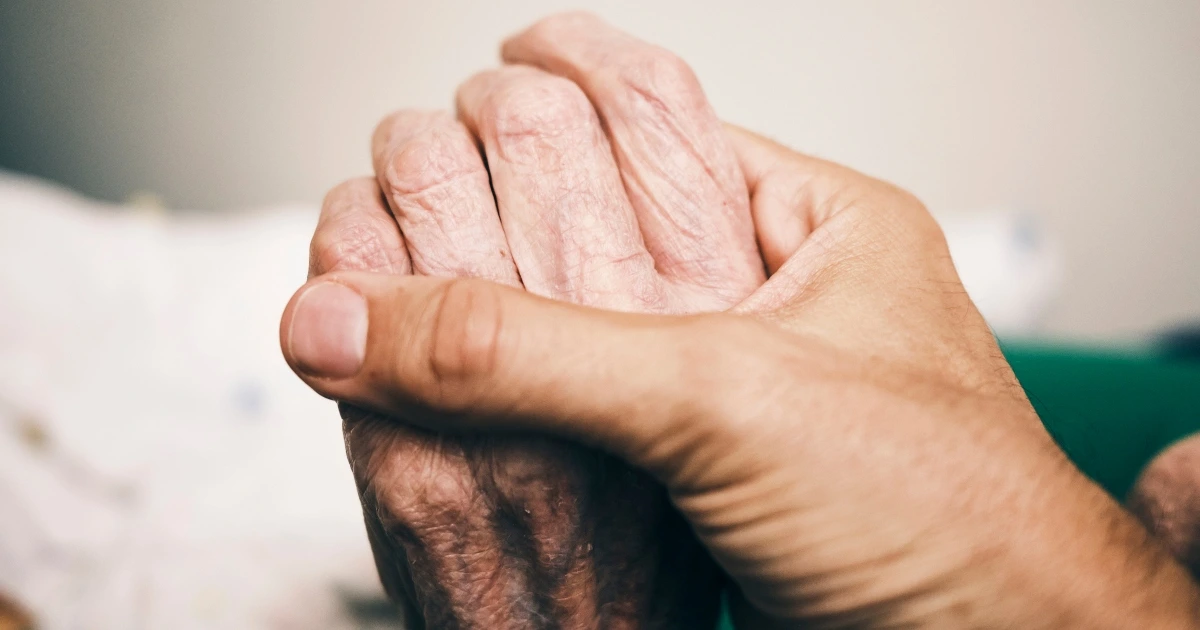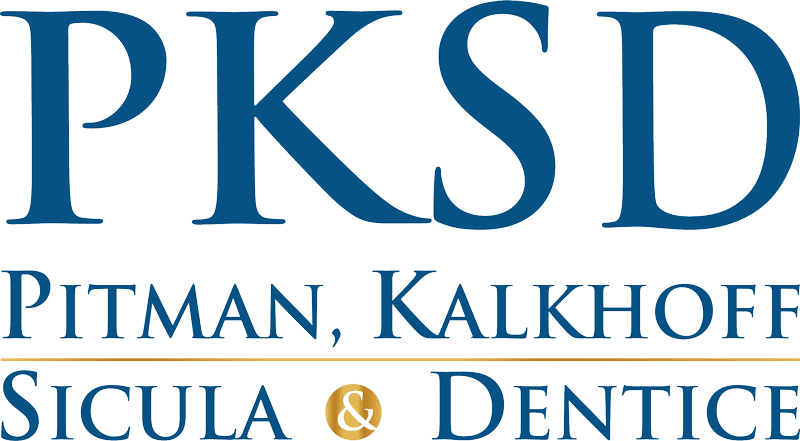 Long-term care facilities have long been criticized for the overuse of antipsychotic drugs on residents in their care. Not only do these drugs pose an extreme health risk for the elderly, but they are also widely abused in nursing homes as a way to manage difficult patients.
Long-term care facilities have long been criticized for the overuse of antipsychotic drugs on residents in their care. Not only do these drugs pose an extreme health risk for the elderly, but they are also widely abused in nursing homes as a way to manage difficult patients.
PKSD shares a report about the increased abuse of antipsychotic drugs in nursing homes and how this information has been hidden.
If you suspect your loved one is being overdrugged in his or her nursing home, our compassionate nursing home abuse lawyers in Wisconsin are ready to help. We fight tirelessly to protect the elderly from abuse or neglect in long-term care, and we are deeply committed to holding negligent parties accountable for their actions.
Millions recovered for victims of nursing home abuse. 414-333-3333
Antipsychotic Drugs Are Risky for the Elderly
According to a recent article in the New York Times, antipsychotic drugs are currently being used for at least 21 percent of residents in US nursing homes. Yet these drugs, coined as “chemical straitjackets,” pose known and significant health risks for the elderly. Older dementia patients, for example, who are often prescribed Haldol and other antipsychotic drugs, are more than twice as likely to die from pneumonia, heart problems, and other serious health issues.
Why Nursing Homes Resort to “Chemical Straitjackets”
Nursing homes have long been troubled by staffing shortages and other care issues. The use of anti-psychotic drugs helps by keeping difficult patients, such as those with dementia, heavily sedated. However, for long-term care facilities, the issue is not just about the management of patients with challenging medical issues, it is also about money.
The government tracks various statistics about nursing homes and other long-term care facilities on its Medicare Compare website, so there is an image to maintain. Receiving a lower star rating can seriously damage the image of a facility, along with its financial health. Unfortunately, many long-term care facilities today seem to resort to a “profit over people” mentality.
How Fake Diagnoses Aid the Abuse of Antipsychotic Drugs
The use of antipsychotic drugs is among many facility statistics being tracked on Medicare Compare. However, these numbers are not as reliable as you may expect. While the website does track a facility’s use of antipsychotic drugs, not all residents receiving these drugs are included. Residents with certain medical conditions, most notably schizophrenia, are not publicly disclosed and are therefore also purposely excluded from the numbers you see online.
According to a recent Medicare analysis, the number of residents diagnosed with schizophrenia has drastically increased by 70 percent – which is about one in nine residents – since 2012. Interestingly enough, that was the same year the government began tracking the use of prescribed antipsychotic drugs – except, of course, for patients diagnosed with schizophrenia.
The New York Times further investigated these statistics, with similar findings of questionable diagnoses. In short, the nursing home industry appears to be using their knowledge of how the government tracks these statistics to their advantage.
In a federal oversight agency report in May, the Centers for Medicare & Medicaid Services (CMS) conceded the potential for inconsistencies in their tracking data. In fact, they found that almost one-third of those diagnosed with schizophrenia, just in 2018, have no prior Medicare records for that condition.
According to Dr. Michael Wasserman, a geriatrician and former nursing home executive, “People don’t just wake up with schizophrenia when they are elderly. It’s used to skirt the rules.”
Call PKSD for legal help you can trust. Ph: 414-333-3333






